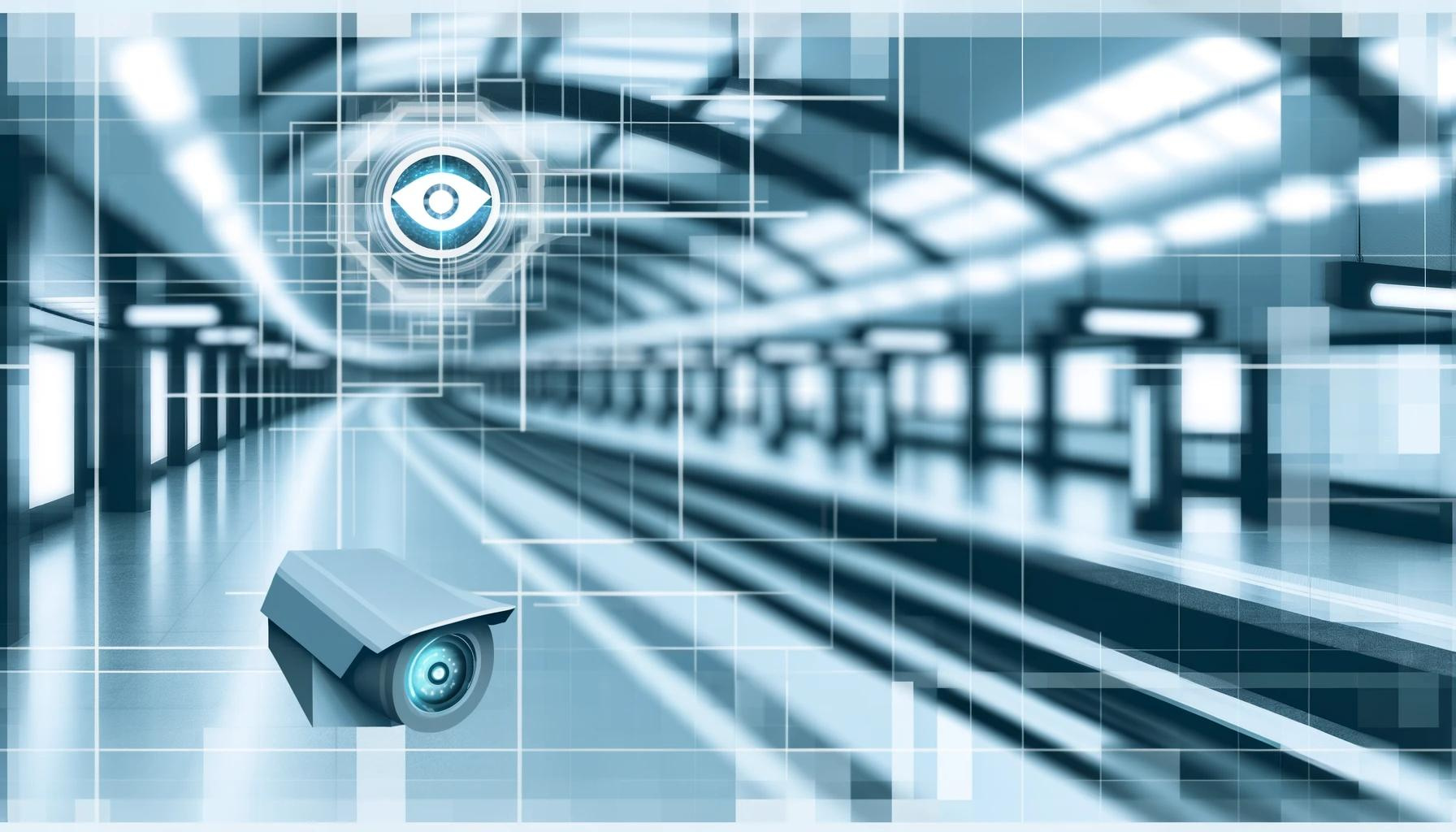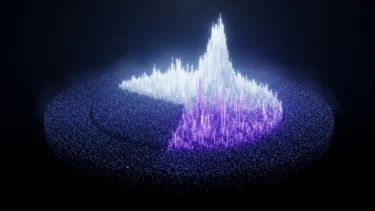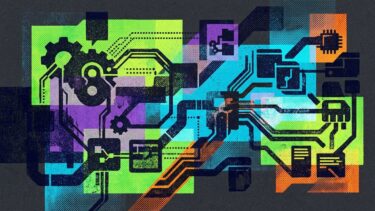Montreal is currently testing an AI system to prevent suicides on the subway. The software uses video surveillance footage to analyze passenger behavior and sounds an alarm when warning signals are detected.
The AI system scans CCTV footage for signs of mental distress among passengers, according to the Société de transport de Montréal (STM), which is working with researchers at the Center for Suicide Prevention (CRISE).
"We've analyzed the videos of all the people who attempted suicide [in the Metro] with the goal of trying to see if there are some indications that someone might be in distress," says Brian Mishara, director of CRISE and co-investigator on the STM-AI project.
He emphasizes the importance of the automated system because a human cannot watch hundreds of screens all day to detect this behavior.
When the software sees warning signs, it can react immediately to save the person. For example, Mishara says, the control center could be alerted and sent to the station to find the person. Similarly, subway operators could be alerted so that trains can be slowed in time.
According to Mishara, the system can currently correctly identify one in four people at risk of suicide. It does not use facial recognition.
The pilot project has been described as "promising" by the STM, which plans to roll it out over the next two years.
Although the STM reportedly needs to cut costs due to its budget deficit, a much more expensive alternative is being considered that would install physical barriers on the platforms to prevent people from jumping onto the tracks. In addition, platform screen doors will be tested in the coming years at a cost of five million dollars.





